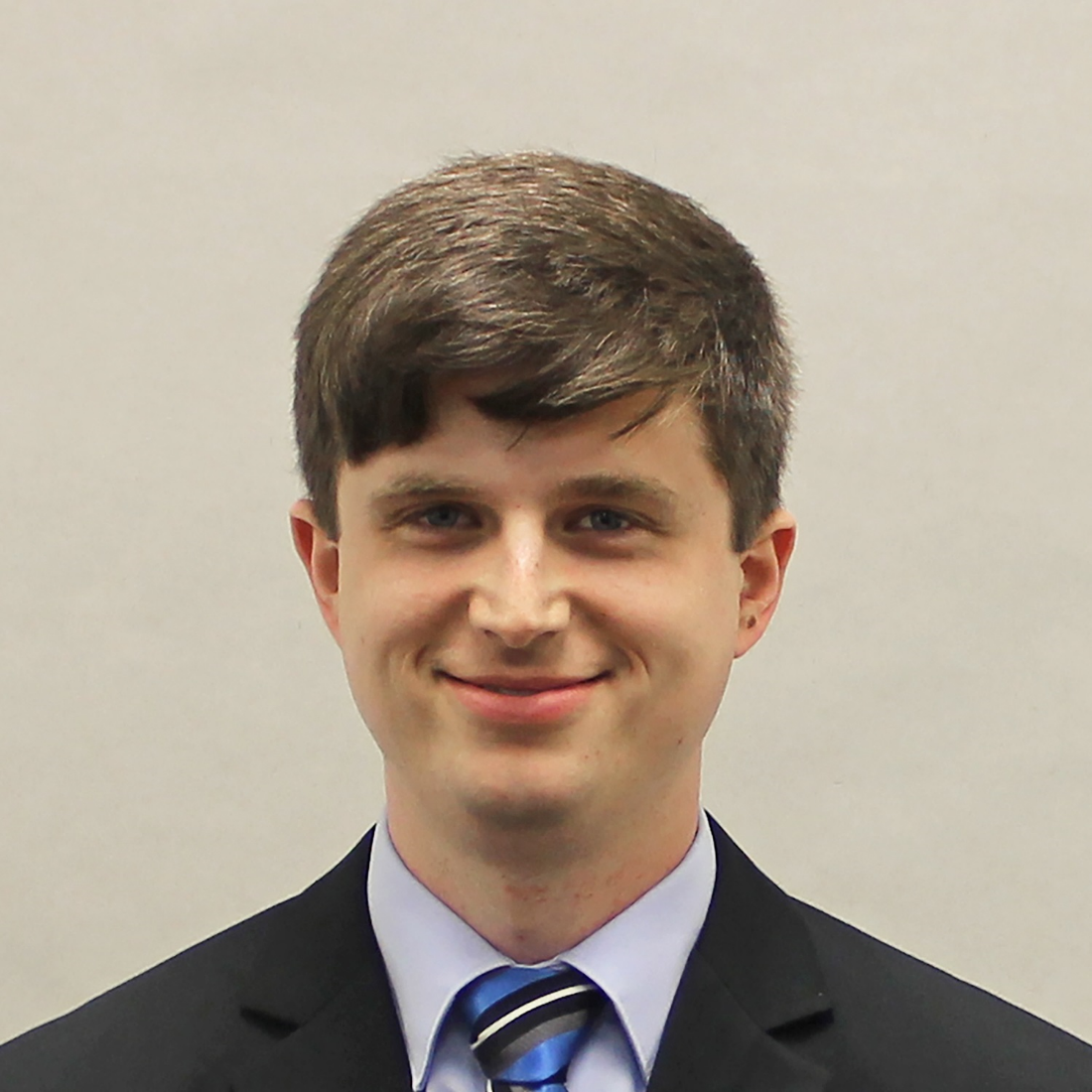When Do Students Find Their Graduation Major in Engineering?
| Event Date: | April 15, 2021 |
|---|---|
| Speaker: | Baker A. Martin |
| Speaker Affiliation: | Clemson University |
| Time: | 3:30 - 4:30 PM |
| Location: | Online |
| Priority: | No |
| School or Program: | Engineering Education |
| College Calendar: | Show |
These improvements will help mitigate any actual or perceived shortfall of engineers on the labor market and minimize spending tuition dollars on classes that would become unnecessary after a student changes major. In this talk, I present findings addressing two research questions: (i) When do students enroll in their engineering discipline-specific graduation major? and (ii) How does this time vary by discipline-specific major and matriculation model? Data for the study comes from the Multiple-Institution Database for Investigating Engineering Longitudinal Development (MIDFIELD).
Initial results indicate that a large majority of students have enrolled in their graduation major by the end of their third semester. Students in first-year engineering programs matriculate later than students in a direct matriculation model. However, factoring in program differences, students in first-year engineering programs quickly enroll in their graduation major after completing the first-year requirements. I will also discuss differences in timing by discipline. This work will contribute to the literature by providing a deeper understanding of students' actions and perceptions during the first year of engineering by disaggregating by students' intended majors. We also expect our results will be of interest to advisors and instructors of first-year students as well as engineering administration. Identifying majors where students are likely to enroll later than other majors may point to a need to “advertise” the major to more students and be sure students understand the opportunities available to graduates in those fields.
Speaker Bio
Baker A. Martin is a Ph.D. Candidate in the Department of Engineering and Science Education at Clemson University and teaches in the General Engineering Program as part of the first-year engineering curriculum. His research interests include choice and decision making, especially relating to first-year engineering students’ major selection. He earned his B.S. from Virginia Tech and his M.S. from The University of Tennessee, Knoxville, both in chemical engineering.

